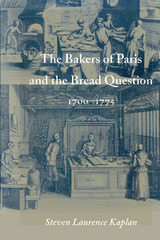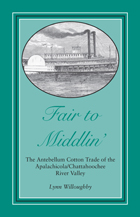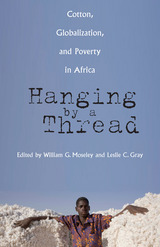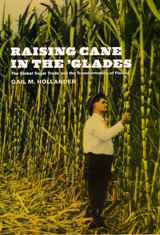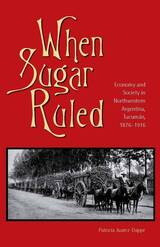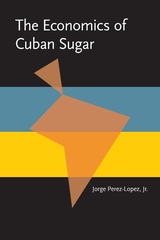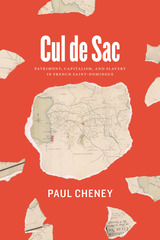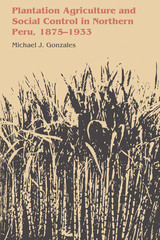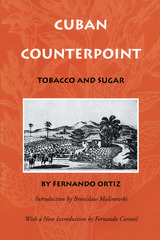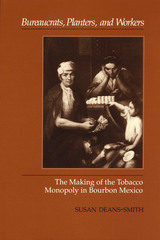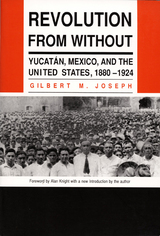Cloth: 978-0-674-85408-6
Library of Congress Classification HD9116.C62M39 1998
Dewey Decimal Classification 338.173610951
In this wide-ranging study, Sucheta Mazumdar offers a new answer to the fundamental question of why China, universally acknowledged as one of the most developed economies in the world through the mid-eighteenth century, paused in this development process in the nineteenth.
Focusing on cane-sugar production, domestic and international trade, technology, and the history of consumption for over a thousand years as a means of framing the larger questions, the author shows that the economy of late imperial China was not stagnant, nor was the state suppressing trade; indeed, China was integrated into the world market well before the Opium War. But clearly the trajectory of development did not transform the social organization of production or set in motion sustained economic growth.
See other books on: Mazumdar, Sucheta | Peasants | Sugar | Sugar trade | Technology
See other titles from Harvard University Press

